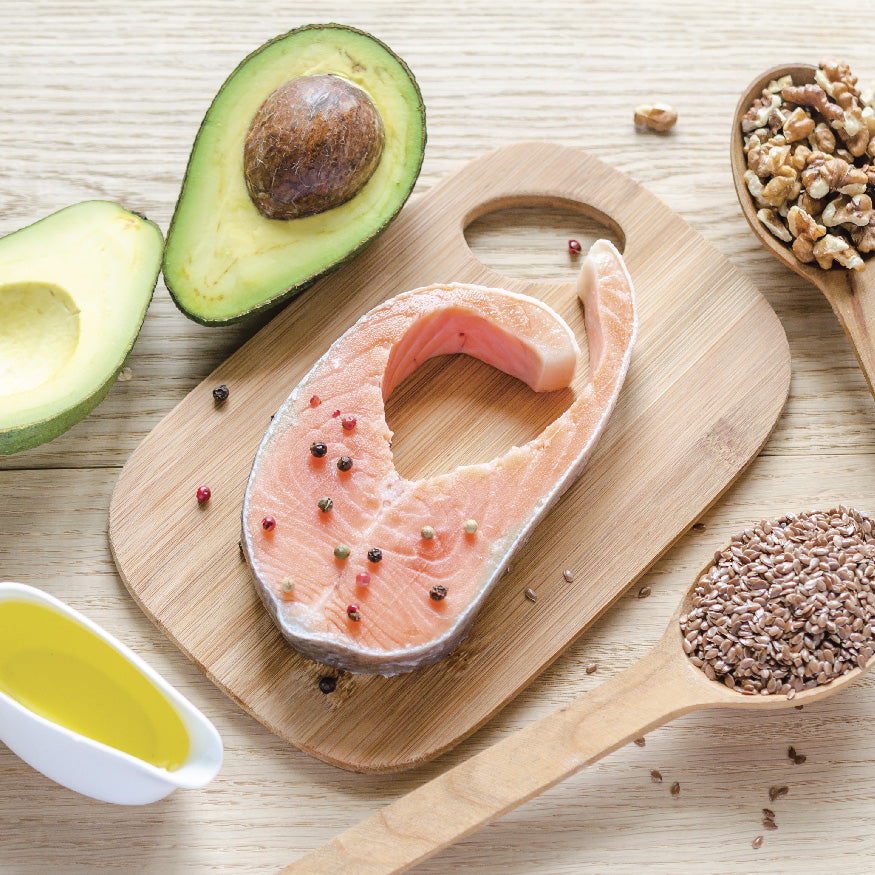Does Eating Fat Really End in Making You Fat?

The 80’s have left us all a bit FAT PHOBIC - with the recommendations of a low-fat diet being a big part of our conditioning.
Body fat is a reflection of “excess energy” that has been supplied, or excess that has not been used by our body during basic functioning (similar to when your car is idling at the lights, your body needs fuel just to keep functioning) or burnt during exercise.
So, eating more fat should make us store more of it. It seems logical. Eating excess of anything: carbs, protein, and fat will end in stored energy (fat)







